Skills-based organizations are reshaping how companies manage talent and adapt to change by using data to match the right people to the right tasks.
EPAM Systems is leading the way in this space. Sandra Loughlin serves as their Chief Learning Scientist and has spent her career at the intersection of employee development and business transformation. At EPAM, she oversees programs that help both employees and clients stay ahead by leveraging AI-driven skills data.
In this interview, Sandra shares how EPAM uses skills data to drive decisions, why transparency is key in developing talent, and how continuous learning keeps their team sharp.
If you prefer a listening experience, follow this link to the full episode:
Defining a Skills-Based Organization
Q: How do you define a "skills-based organization," and why does this matter?
Sandra: A skills-based organization is one that collects high-quality, validated data on the skills required to complete work and matches that with the skills people in the organization have. At EPAM, we’ve always been skills-based, and this has been a big factor in our success. We didn’t have to go through a skills transformation like other companies. Our skills data informs decisions across the talent life cycle—who we hire, how we grow people, and even our business strategy. This data is the key to making operations more efficient and effective.
Key Features of EPAM's Skills-Based Approach
Q: What are the key elements that set EPAM’s skills-based approach apart?
Sandra: One of the most important things is that all of our data exists in one place—there are no silos. All of our systems, whether it’s HR, work systems, or others, connect and feed into a single source of truth. Another big factor is the homegrown systems we’ve built. Everything flows seamlessly, which allows us to push activities and data across platforms efficiently. Finally, we use AI and machine learning to gather and validate skills data. This allows us to make informed decisions quickly and accurately.
Q: How has this approach impacted EPAM's business performance?
Sandra: While we don’t have a "before and after" case study because we’ve always operated this way, I can tell you that our ability to stay agile has been crucial. EPAM has transformed its business several times over the years, and having this infrastructure in place is why we’ve been able to adapt quickly. It’s a massive investment, but it’s one we believe is essential to our ability to compete and serve our clients.
Assessing Skills at EPAM
Q: How do you assess skills at EPAM? What methods do you use, and how often are these assessments conducted?
Sandra: We take a two-pronged approach. First, we use AI inference to gather insights about what skills a person has or what skills a project requires. This gives us a starting point. But for us, that's just information—we need evidence. So we also rely on human validation, where people observing the work provide feedback. It’s not just about what someone is capable of doing; it’s about what they’re actually doing on the job. Observers who know what good looks like provide the most accurate assessment of a person's skills.
Learning and Development at EPAM
Q: How do you ensure people get the learning and development they need when a skill gap is identified?
Sandra: At EPAM, we’ve built a continuous learning culture. People know where their skills gaps are, and they’re motivated to fill them. That’s a big part of why it works—they want to learn. We offer hyper-personalized learning opportunities. For any role in the organization, employees can see what training or programs are available to help close the gap between where they are and where they need to be. Beyond that, we have peer learning programs, feedback from experts, and real business challenges tied to learning. It’s not just about the formal learning programs; a lot of development happens informally through reflection, investigation, and conversations.
Suitability and Mindsets for Becoming Skills-Based
Q: What types of organizations should aspire to become skills-based? What mindsets are critical for success?
Sandra: Any organization can benefit from being more skills-based, but how much you invest in it should depend on your industry. If your business relies heavily on people—like in professional services—then it’s definitely worth the investment. For organizations that don’t depend as much on people directly, it might be less of a priority. In terms of mindset, leaders need to understand that people are the drivers of business success. You can have the best strategy in the world, but if your team isn’t aligned with it, it won’t work. And of course, a data-driven mindset is crucial—leaders need to be comfortable making decisions based on high-quality skills data.
Fostering Continuous Learning and Adaptability
Q: How does a skills-based organization foster a culture of continuous learning and adaptability?
Sandra: At EPAM, the transparency around skills creates a learning environment where people know exactly what they need to improve. They’re constantly seeking out opportunities to learn and grow because they know what skills are required for their roles. We also support informal learning through things like communities of practice, mentors, and even game-based activities. This approach helps people feel supported in their development and keeps the entire organization adaptable.
Balancing Specialized Skills and Cross-Functional Capabilities
Q: How do you balance specialized skills with the need for broad, cross-functional capabilities?
Sandra: It’s a matter of understanding what the task requires. Some roles need deep expertise in a specific area, like cloud architecture, while others require a broader set of skills. We collect data at different levels of granularity, so we know exactly who has the depth of knowledge needed for specialized projects, and who can operate more broadly. It’s about making sure people are matched to the right projects based on their skills, whether they’re specialists or more cross-functional.
Career Progression and the Future of Skills-Based Organizations
Q: How does EPAM’s approach impact career progression and leadership development, and how do you see this evolving over the next 5-10 years?
Sandra Loughlin: One of the things our employees love is the transparency around career progression. If someone wants to move up in the company, they can go into our system and see exactly what skills they need to get there. Promotions aren’t based on the opinion of a single person—they’re based on validated skills data. We have peers randomly assigned to validate skills, so there’s fairness in the process. Looking ahead, I think more organizations will adopt this approach. As AI and data continue to evolve, we’ll see even more sophisticated ways to assess and develop talent.




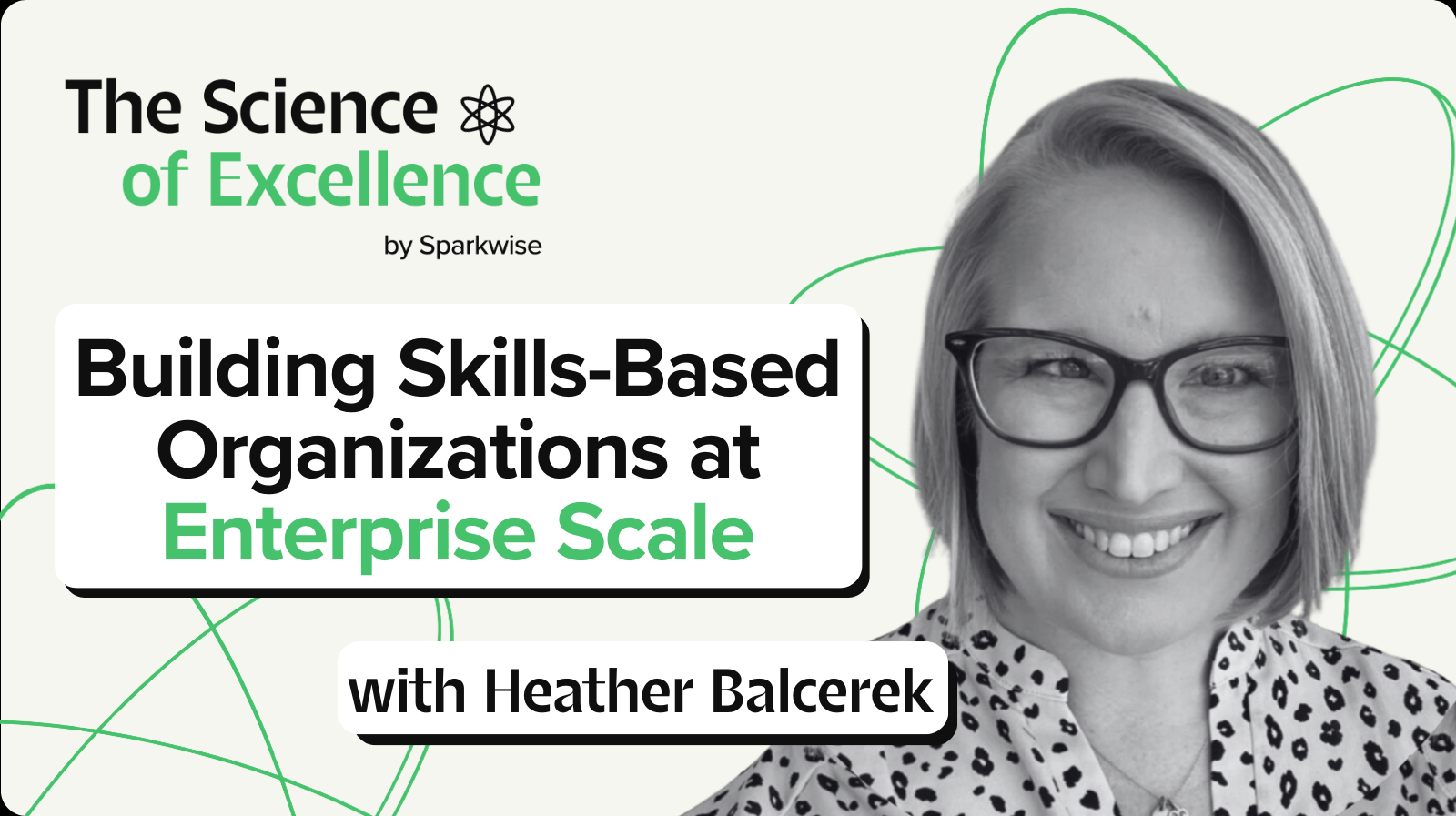

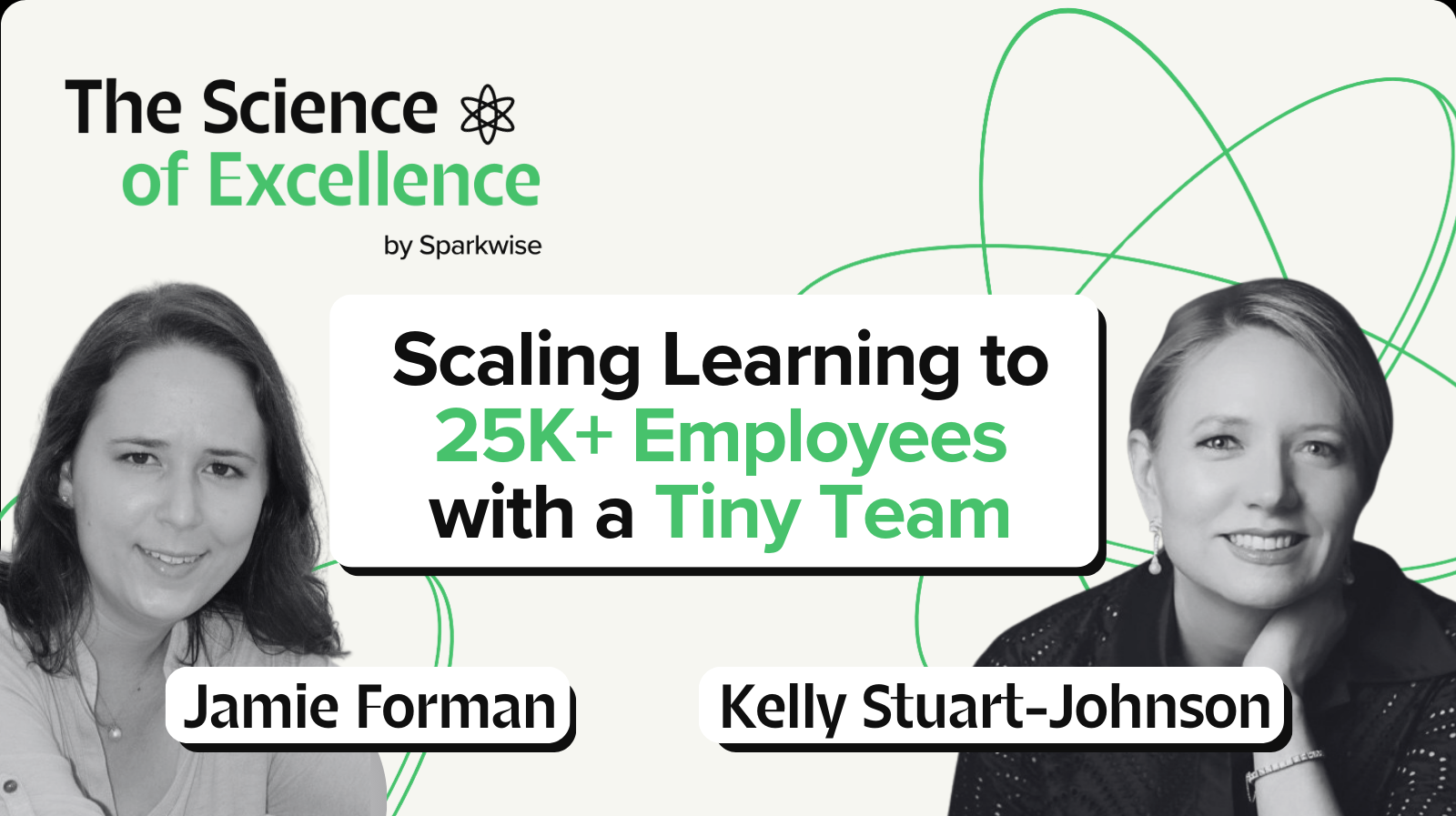
.png)
.png)
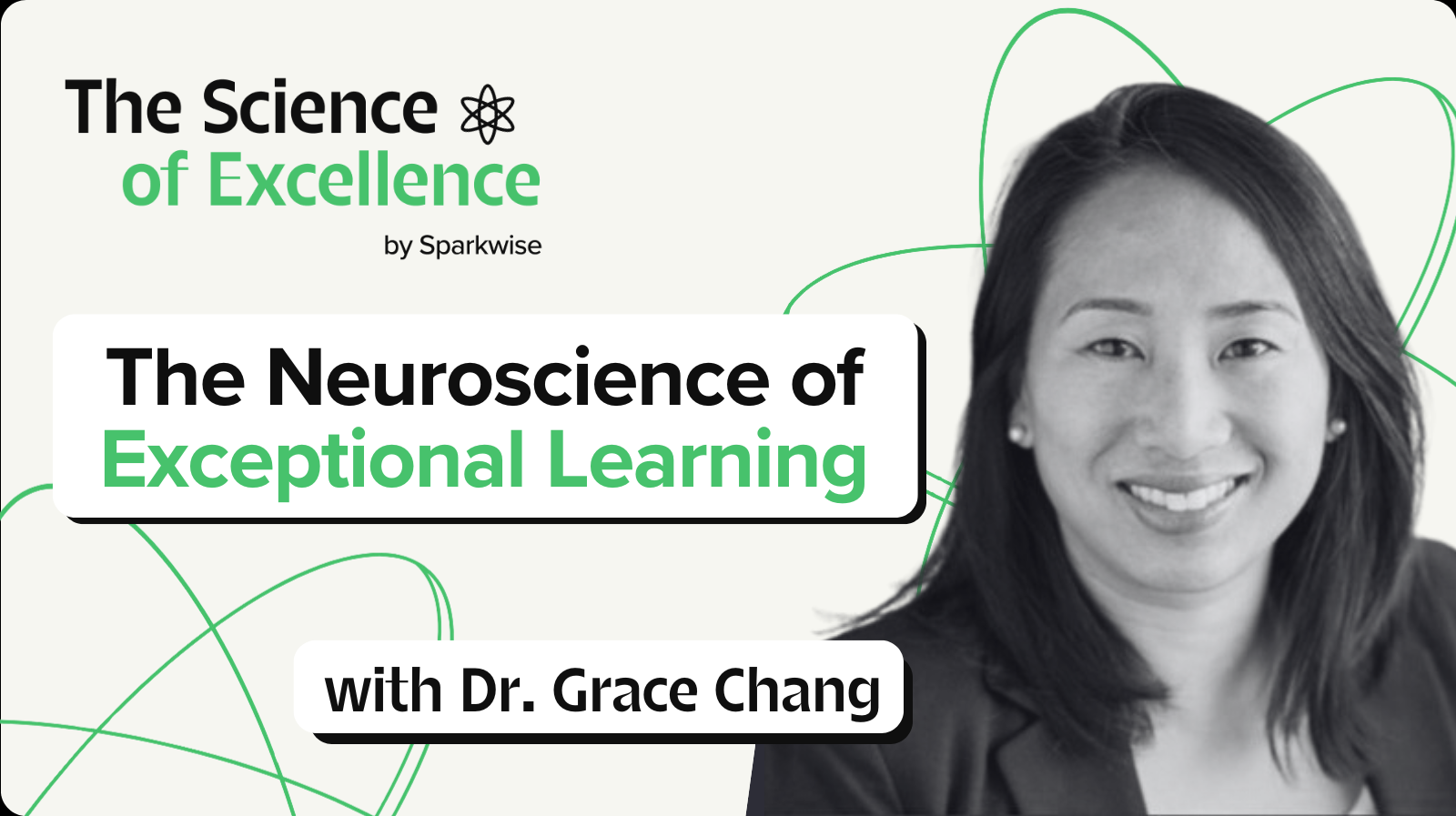
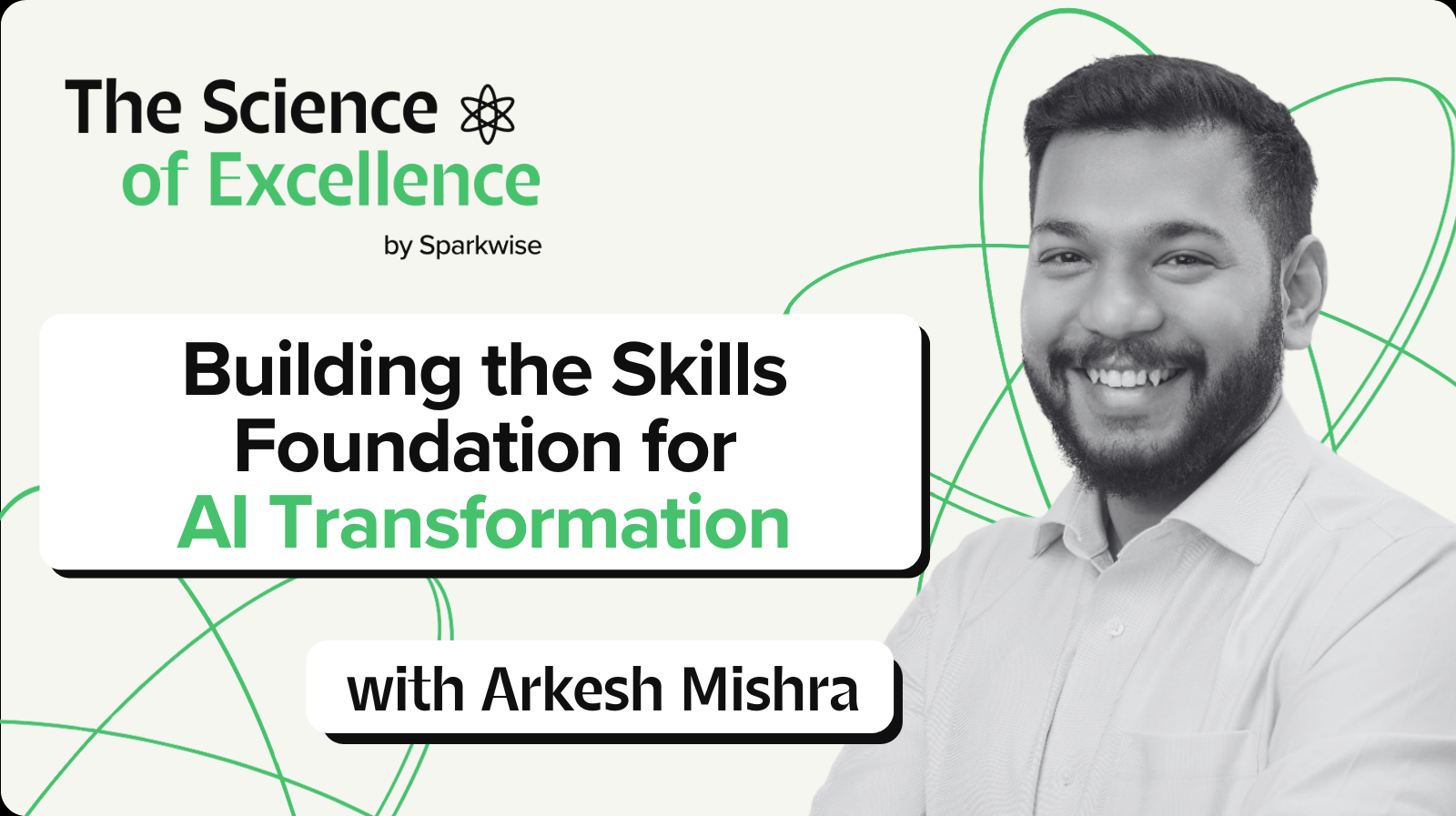

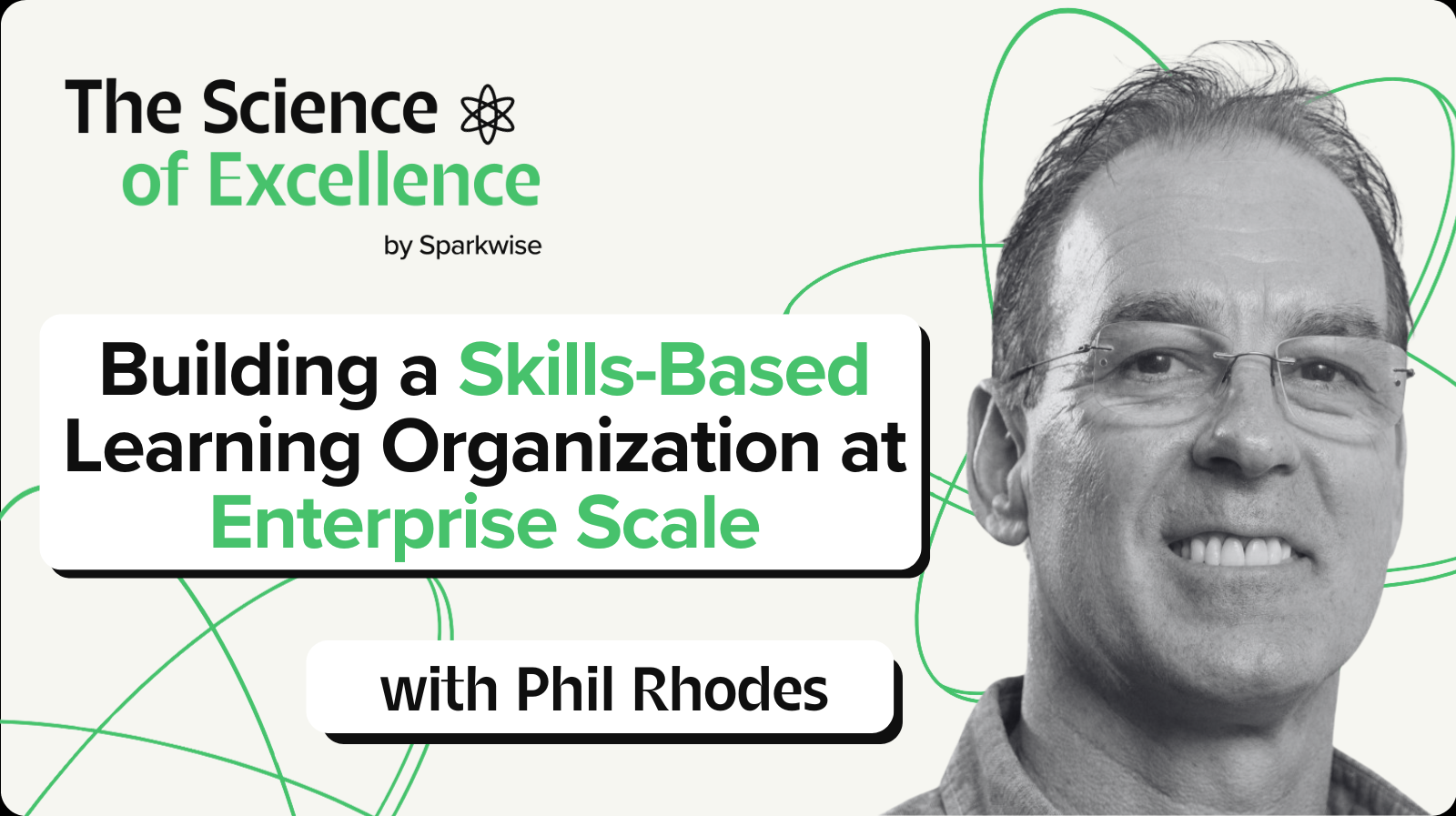
.png)
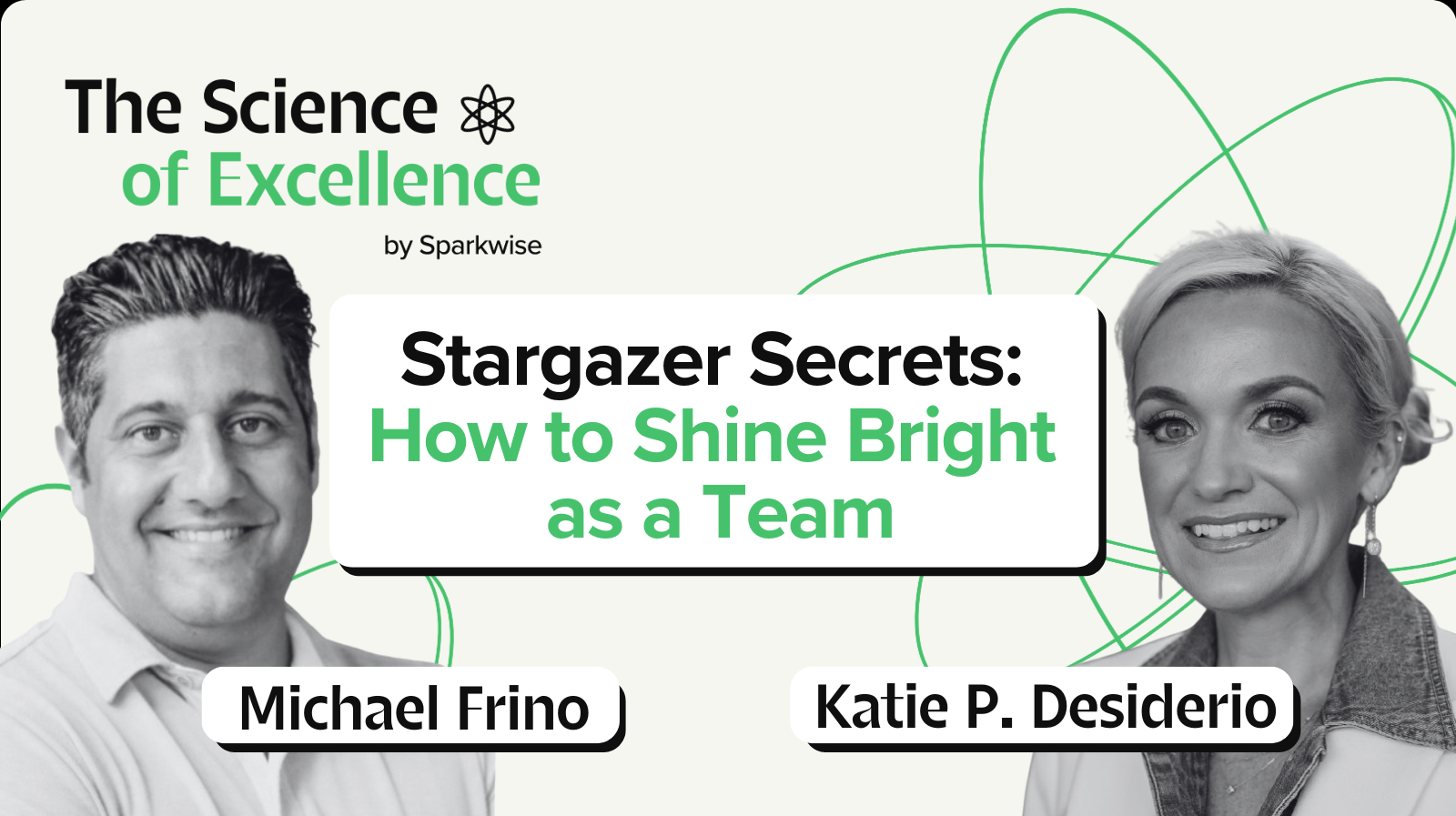
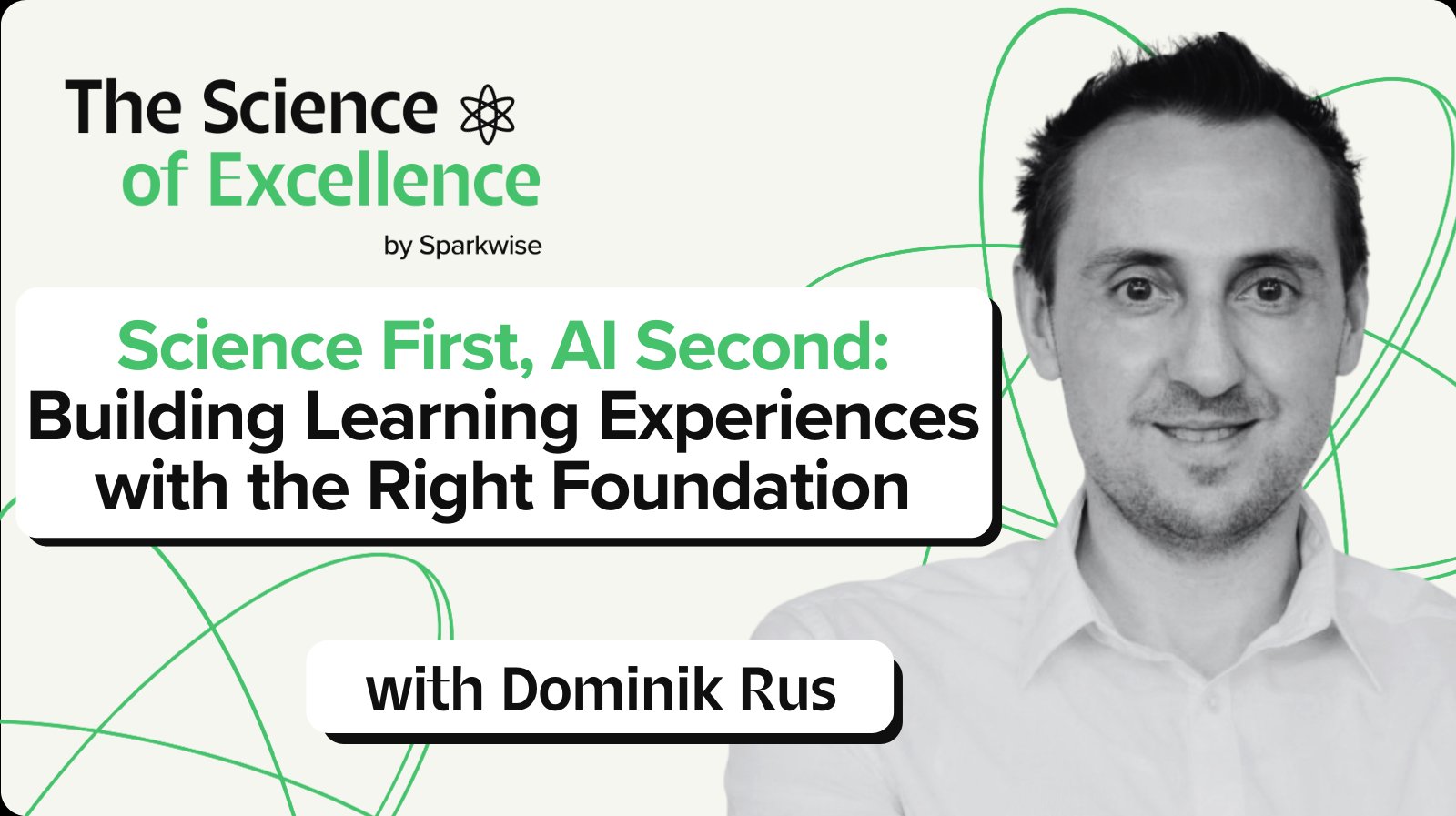
.png)
.png)









.png)











.png)